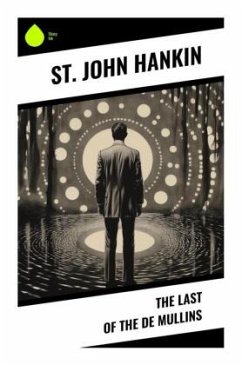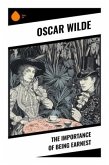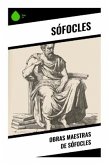In "The Last of the De Mullins," St. John Hankin deftly intertwines themes of societal decline and moral ambiguity through the lens of an English aristocratic family grappling with the shadow of their once-great heritage. Written in the early 20th century, the play navigates the complexities of class and identity with a sharp wit and sardonic humor characteristic of Hankin's style. The dialogue is rich with irony, revealing the fissures of a social structure on the brink of transformation, echoing the broader literary movements of the time that questioned the validity of social propriety and status. St. John Hankin, an influential figure in early modern British theatre, was a keen observer of the societal changes of his era. His own background, intertwining elements of privilege and disillusionment, undoubtedly shaped his portrayal of the De Mullins family. Hankin's life experiences infused his works with a deep understanding of human folly and societal decay, making "The Last ofthe De Mullins" a poignant commentary on the fragility of social standing. This critical text is essential for readers interested in the evolution of modern drama and the exploration of class dynamics. Hankin's incisive observations and rich characterizations invite readers to reflect on the complexities of human relationships and societal expectations, making this play a timeless exploration of the human condition.
Bitte wählen Sie Ihr Anliegen aus.
Rechnungen
Retourenschein anfordern
Bestellstatus
Storno








